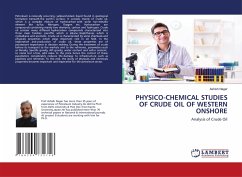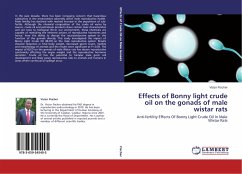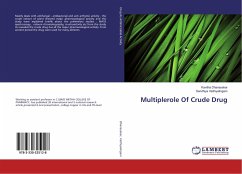Petroleum is naturally occurring, yellowish-black liquid found in geological formation beneath the earth's surface. It consists mainly of crude oil, which is a complex mixture of hydrocarbon with some non-metallic element like sulfur, Nitrogen, Oxygen etc. Hydrocarbon are compounds containing mainly two elements, carbon and hydrogen. Crude oil contain many different hydrocarbon compounds characterized into three main families: paraffin which is alkane, Naphthenes which is cycloalkane and aromatic. Crude oil is characterized by some chemicals and physicals properties which plays important role in oil field. In the exploration and production of crude oil, these properties are of paramount importance in decision making. During the treatment of crude before its transport to the markets and to the refineries, parameters such as Density, Specific gravity, API gravity, water content and sulfur content, to name but a few, add value to the price hence the control of these parameters considerably reduces the damage to infrastructure such as pipelines and refineries. To this end, the study of physicals and chemicals properties becomes important and imperative for the petroleum sector.
Bitte wählen Sie Ihr Anliegen aus.
Rechnungen
Retourenschein anfordern
Bestellstatus
Storno








